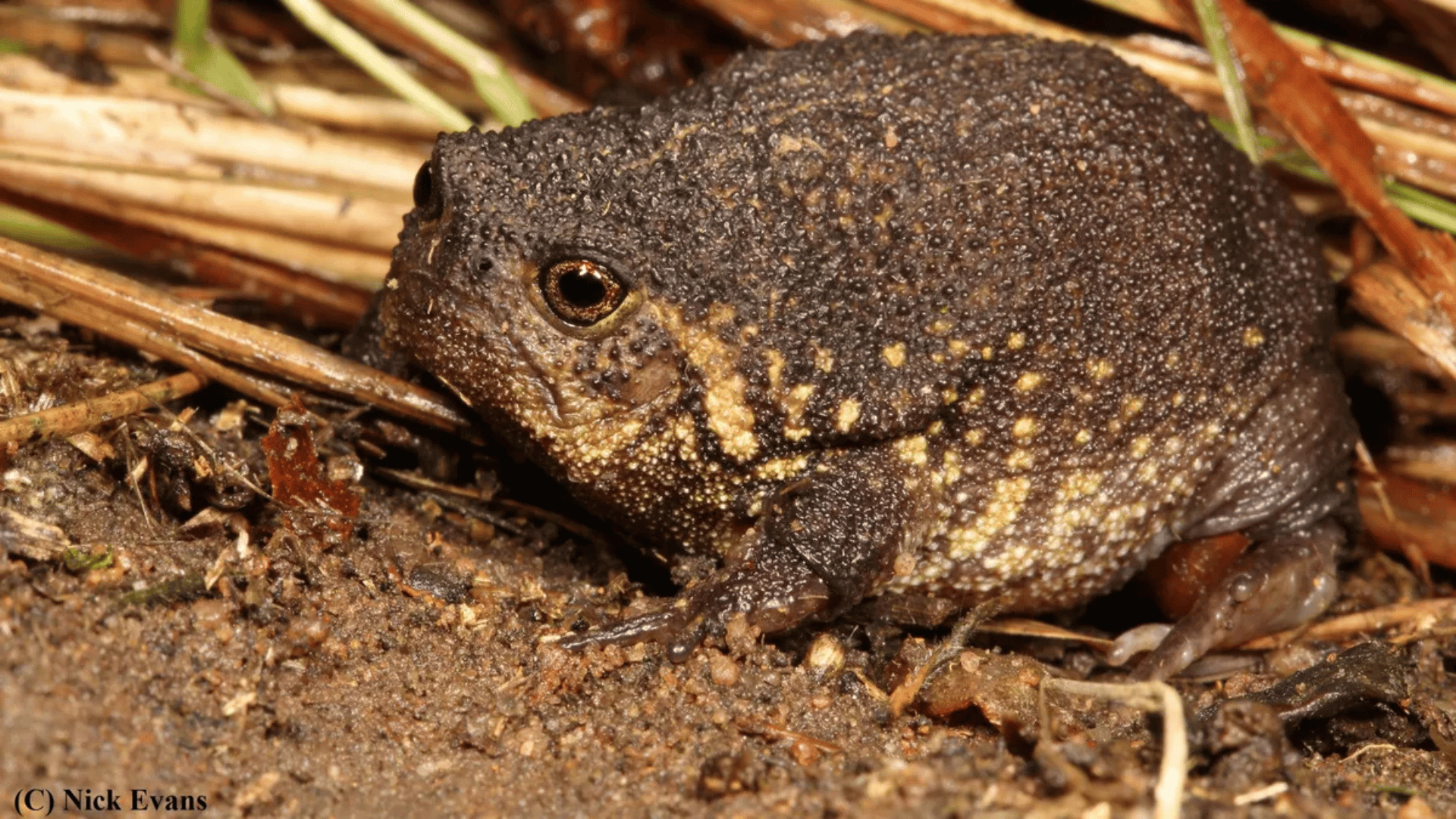CANA Foundation’s Rewilding Space, located in East Norwich, NYC, is a non-profit organization that focuses on rewilding and conservation efforts surrounding wild horses. Rewilding is a form of environmental conservation and ecological restoration that focuses on restoring an area of nature to its uncultivated state and enabling natural processes. CANA Foundation’s Rewilding Space utilizes this approach with a focus on the conservation of wild horses.
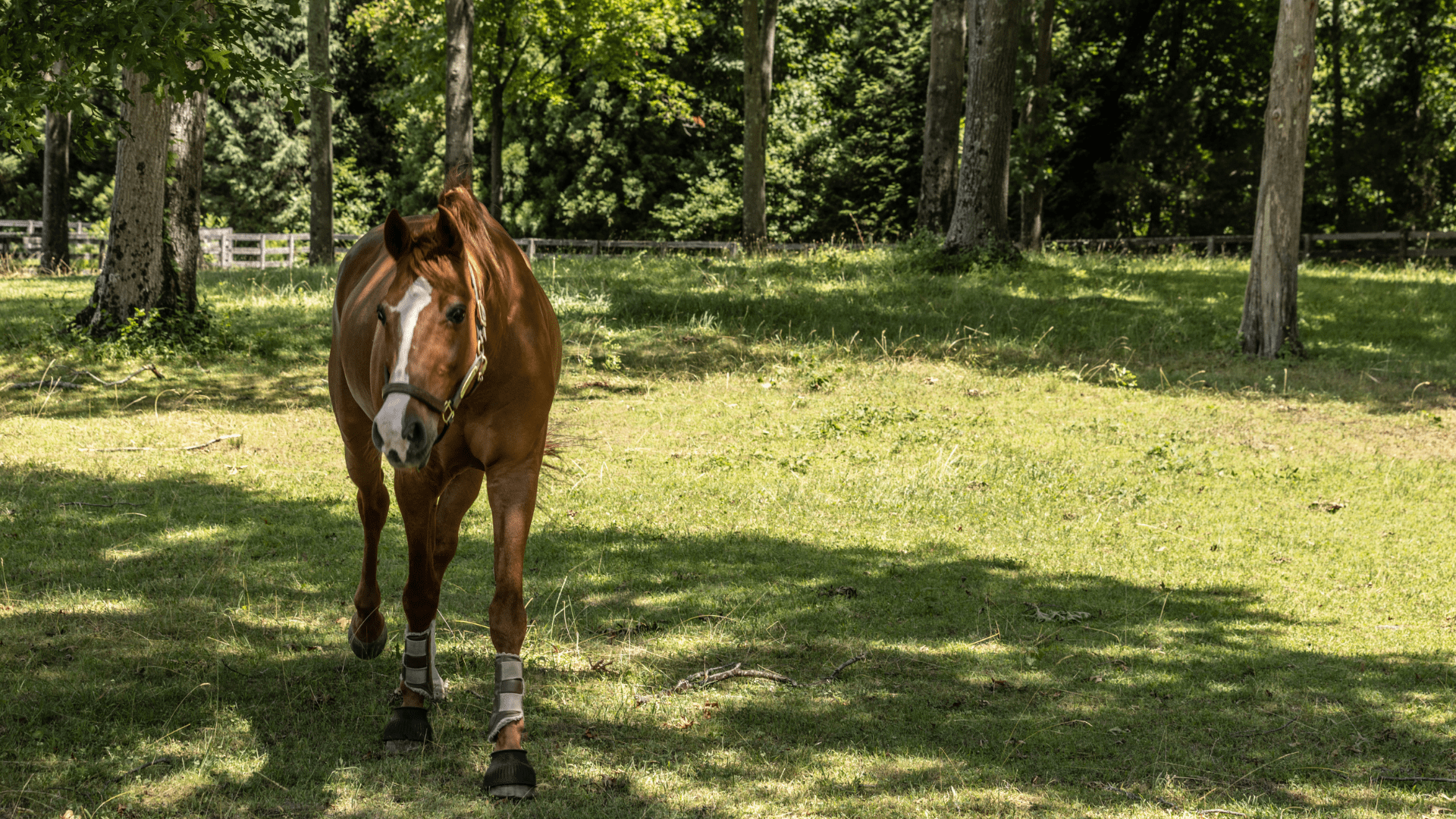
Their efforts aim to establish that wild horses are a native keystone species of grassland ecosystems, or a species that helps to rebuild environmental systems and allow other native species to thrive, keeping their habitats balanced. The idea behind their initiatives is that, by focusing on wild horses as a keystone species, they will be able to improve the overall health and vitality of North American grasslands.
The CANA Foundation also funds scientific research that establishes the native status of horses in America. For example, DNA extracted from soil samples reveals that mammoths and Yukon wild horses survived thousands of years longer than was previously believed. They continue to fund ongoing research at McMaster University, which they hope will lead to future protections and rewilding initiatives for wild horses.
“It is important to demonstrate that it is crucial to reconnect with our past to solve the complex challenges we face today,” stated Dr. Tyler Murchie, a Postdoctoral Fellow at McMaster University.
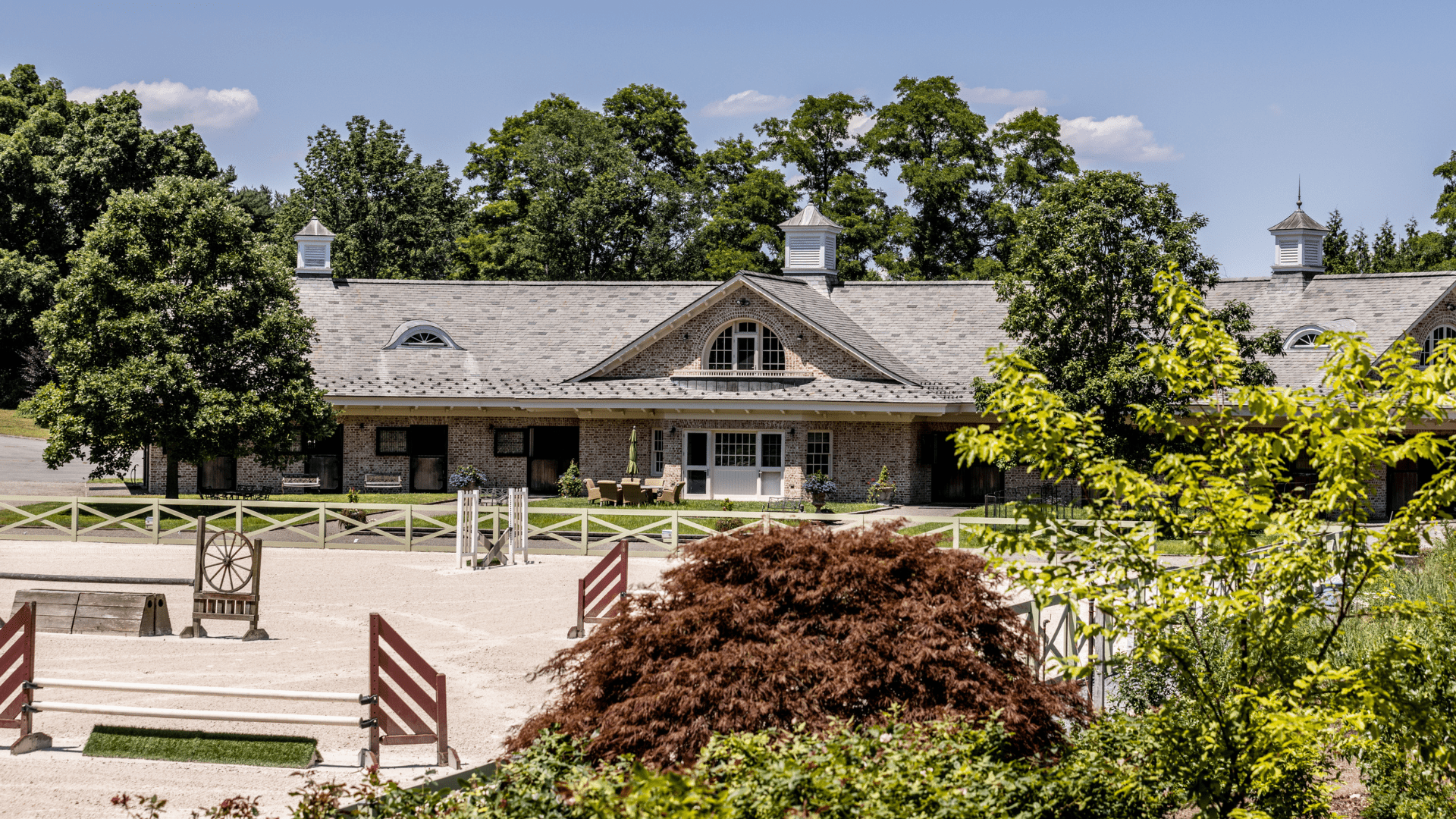
Situated on the western third of Long Island, the area contains some southeastern Piedmont and Coastal Plain flora including holly, post oak, persimmon, and sweetgum. The dominant tree species in the region include black and red oak, tulip trees, black birch, beech, and red maple. Large boulders, known as glacial erratics, are also scattered across the land including the southwestern corner of the foundation property.
Part of CANA Foundation’s efforts also go toward eliminating invasive species, or species that have damaged the island’s unique habitats by replacing native flora and negatively impacting the natural ecosystem processes. Rewilding Space systematically removes invasive native species by hand, without using herbicides that could risk further damaging the environment.
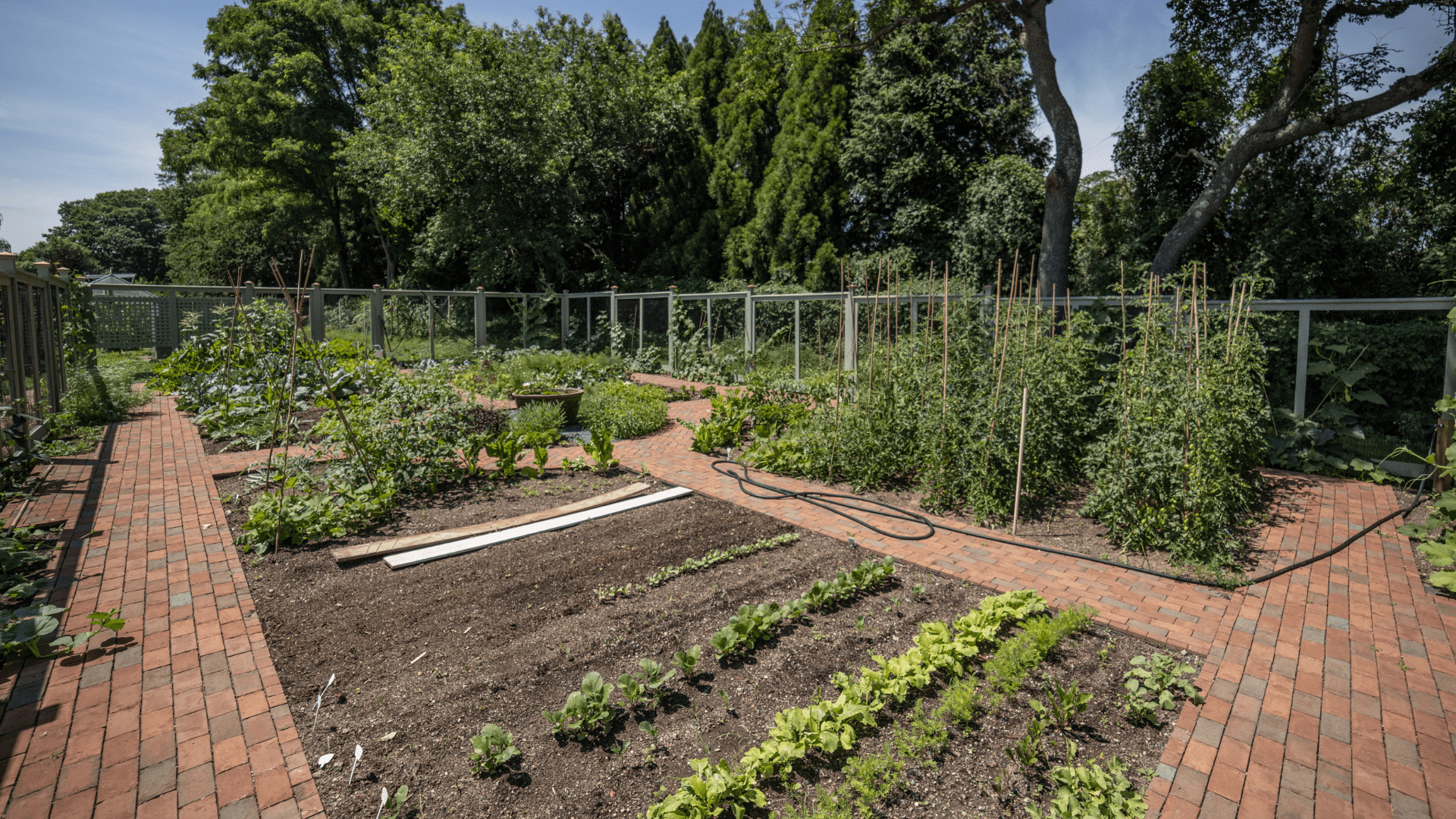
Rewilding Space also has its own composting system in which it composts leaves, kitchen waste, horse manure, cuttings from the garden, and straw and uses it in its vegetable garden. Woody material such as logs and large branches is also used to create habitat in the form of log walls and brush piles.
As it is speculated that the physiological processes of some grasses are stimulated by the regular cropping of leaves by insects or ungulate fauna, the facility tests how grassland responds to different regimes of grazing by horses. They have also created initiatives to introduce honey bees to the environment because, although they’re not a species native to the area, they are one of the world’s most important pollinators and benefit ecosystems wherever they live.
The organization has also created spaces for more sustainability and environmental conservation efforts including its Woodland Garden, Organic Vegetable Garden, Rain Meadow, and more. Their Pollinator Path, designed by experienced horticulturalists Karl McKoy and Peter Meleady, removes invasive species and replaces them with native species to act as food sources and habitats for the young of many insect species that have coevolved with plants.
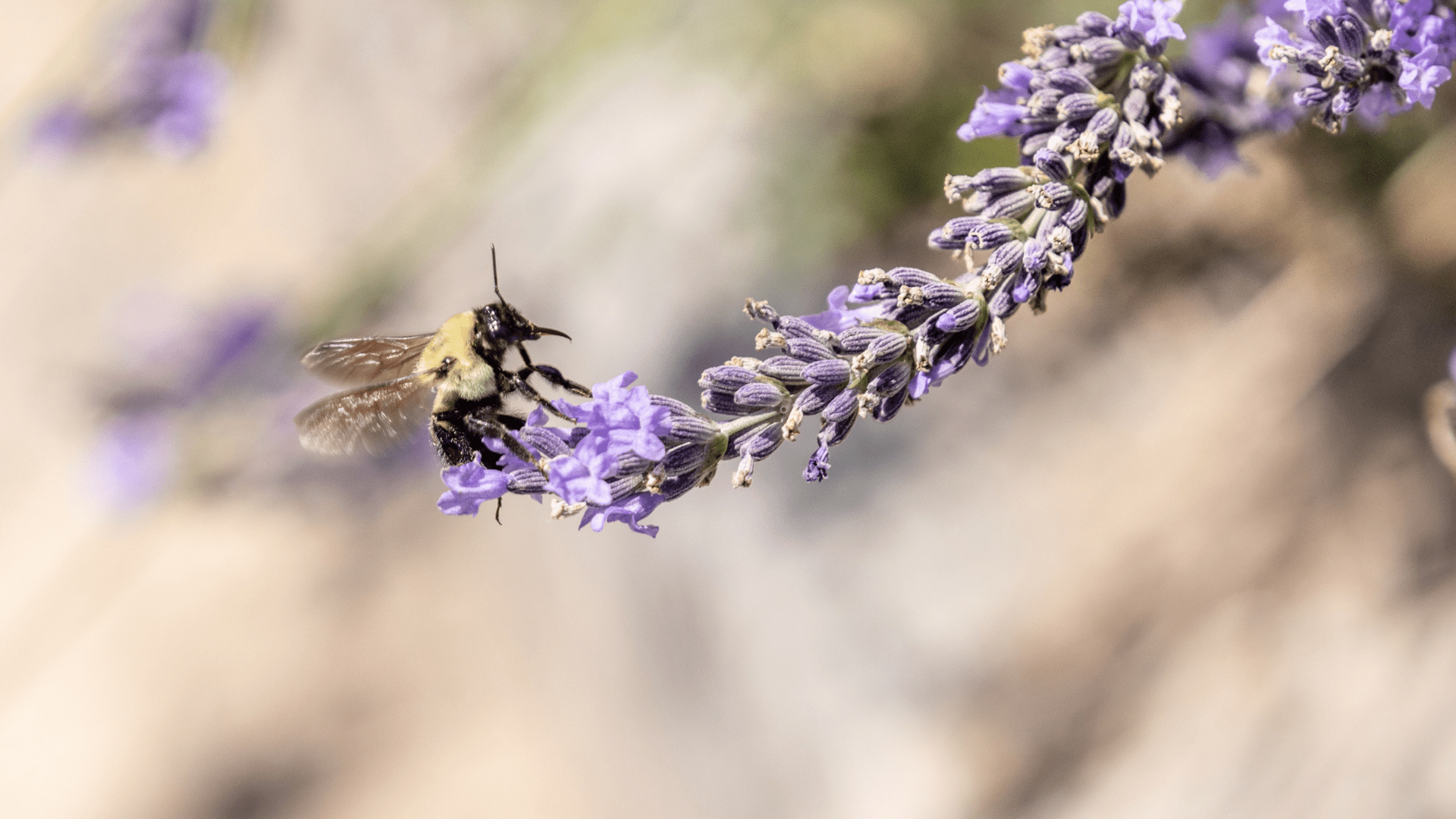
Additional efforts in areas such as the Arena Border and Honey Bee Meadow involved the planting of native and non-invasive exotic species of plants in order to improve the habitat for native pollinators and promote ecological stewardship. Some of the plant species that Rewilding Space has planted include grey birch trees, native hollies, roses, sumacs, forbs, Mexican sunflowers, cosmos, and more.
The goal of the organization is to ultimately go beyond simply the preservation of horses and habitats by delivering unique benefits such as carbon sequestration, rural economic growth, and education programs.







